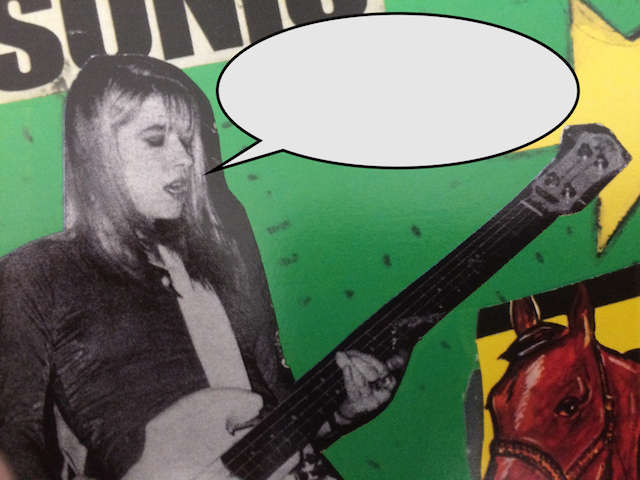There is music we believe we shouldn’t like, but we do.
Between the individual and their peer group there is a negotiation of borders, the mutual drawing of a dotted line around cultural products acceptable to consume. It’s malleable and porous, but it is a boundary.
Shame manifests when we sneak out through one of the gaps. If we don’t self-censor, we self-censure; we envision the ridicule of our peers.
Brought up on punk, XTC’s Andy Partridge secretly fell in love with a delicate folk record, Judee Sill’s “Heart Food” (1973). As he wrote in the liner notes for the album’s 2005 reissue, when no one was around he would listen to it with “almost masturbatory guilt.”
Almost. One doesn’t have to be quite so discreet with forbidden music, listening on headphones or in the car where others can see but not hear.
Such secretive listeners find virtue where vice is imagined; and so some become exhibitionists. They cross the line — maybe with a touch of irony to be safe. Thus I flaunt some of my guilty pleasures:
Amy Grant, “Baby Baby” (1991)
Grant wrote it about her actual infant, but passed it off as a song about grownup love, so maybe it’s a little purer than your average. Also the arrangement and instrumentation are unmistakably influenced by one of my most favorite albums, Scritti Politti’s “Cupid & Psyche ’85.”
Gwyneth Paltrow & Huey Lewis, “Cruisin'” (2000)
One of the must’ve been three songs that played in a loop when I worked at the grocery store. It’s the one that wore me down. Didn’t learn until much later that it’s a Smokey Robinson cover. This recording was a No. 1 hit, far outshining the film it came from, “Duets.” Just listen to the song and it’s lovely. Don’t think about the fact it’s being sung by characters who are father and daughter.
Taylor Swift, “I Wish You Would” (2014)
Blame my daughter for this one. Through many, many plays of “1989,” this is the track I looked forward to. The chorus is especially potent, with its growling bass, drum cannonade, and synth effects like the clang of swords in a Nintendo game. This song was never released as a single and only charted in Canada. Does falling for a Tay Sway deep cut mean I’ve still got some cred?
